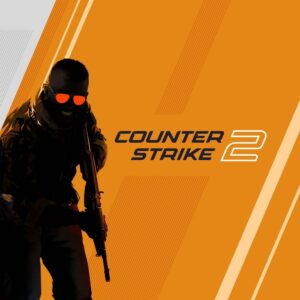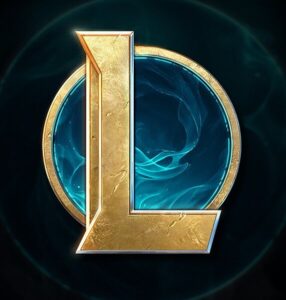Honour Mode or Humiliation? Why a Bard Might Be the Hardest Class in Baldur’s Gate 3
Popular Now
 R.E.P.O
R.E.P.O
 EA SPORT FC 25
EA SPORT FC 25
 Roblox
Roblox
 Sonic the Hedgehog™ Classic
Sonic the Hedgehog™ Classic
 Candy Crush Saga
Candy Crush Saga
 Brawl Stars
Brawl Stars
 Rust
Rust
 Stumble Guys
Stumble Guys
 NBA 2K24
NBA 2K24
 The Legend of Zelda
The Legend of Zelda
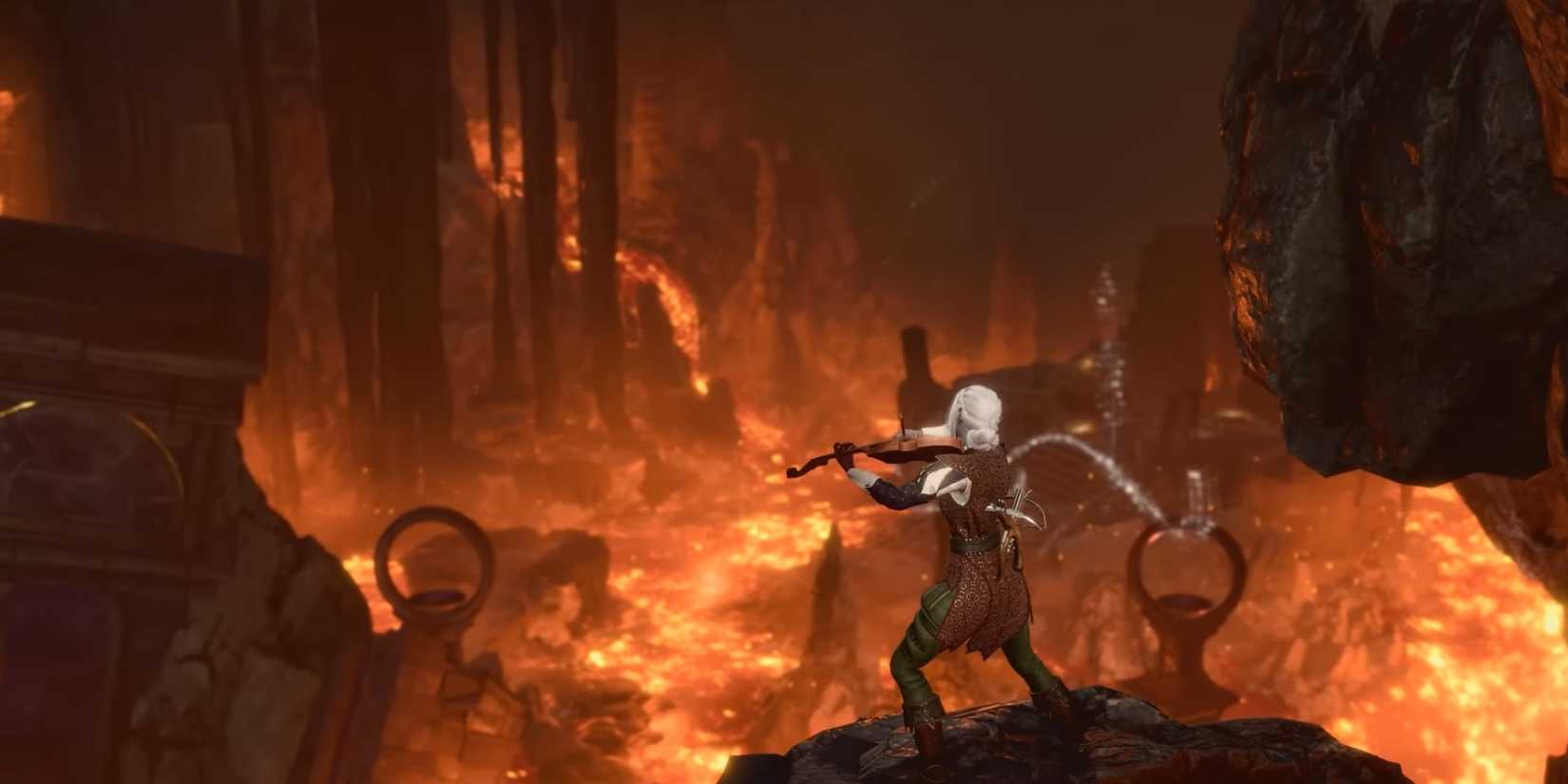
In the world of Baldur’s Gate 3, Larian Studios’ critically acclaimed RPG, players have embraced the challenge of Honour Mode. This permadeath difficulty setting, which offers a unique golden dice set as a reward for its completion, has become the ultimate test of a player’s knowledge and skill. However, a surprising sentiment has emerged within the community: that tackling Honour Mode is, in some ways, easier than simply playing a Bard. This may seem counterintuitive, given the high-stakes nature of permadeath, but a deeper look into the mechanics and community feedback reveals why the life of a Bard is a unique kind of struggle, far removed from the straightforward, optimized path of a typical Honour Mode build.
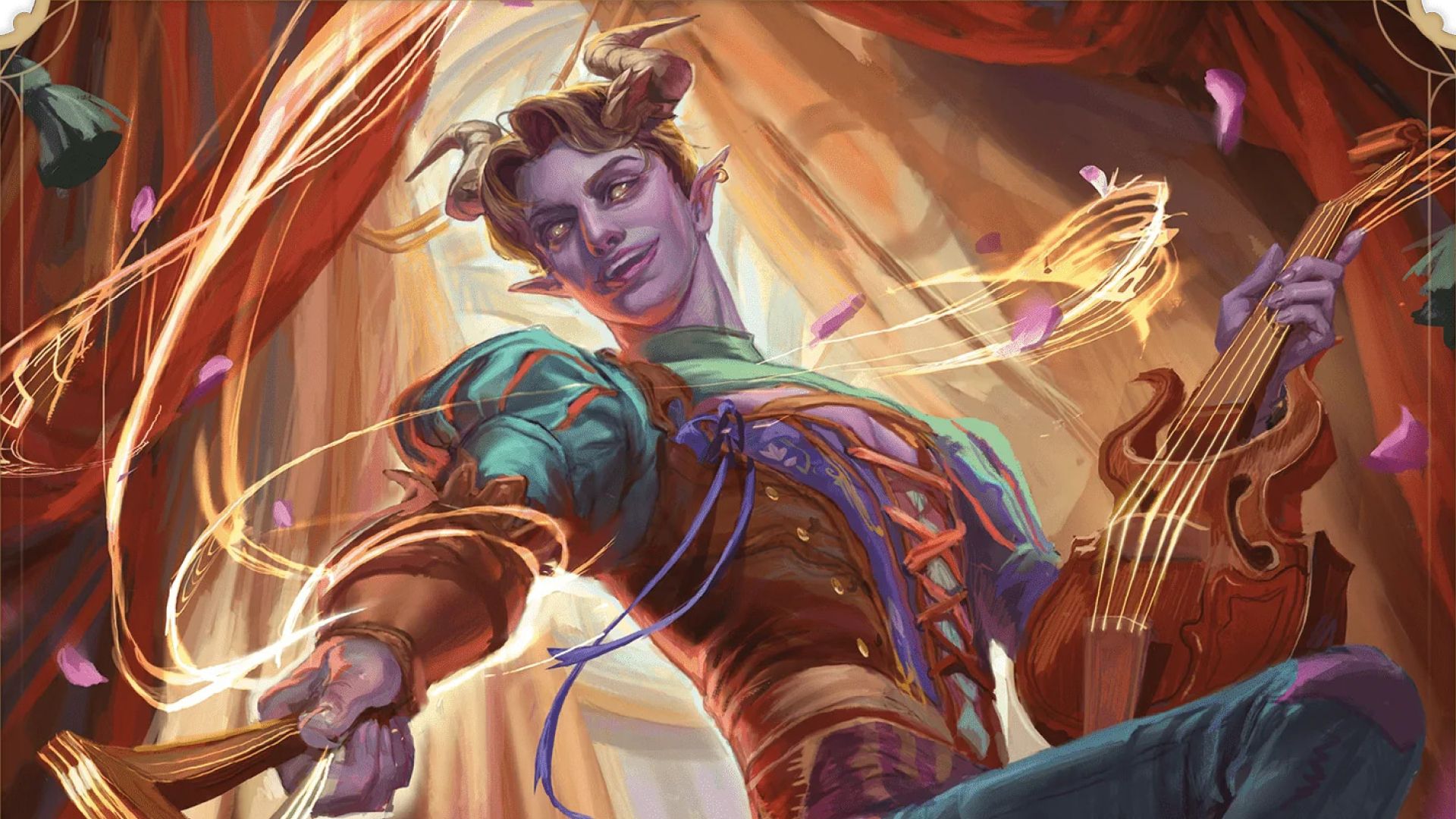 The Honour Mode Advantage: Power Gaming is King
The Honour Mode Advantage: Power Gaming is King
Honour Mode is a brutal, unforgiving experience that punishes carelessness with a full party wipe and the end of the run. To succeed, players must employ hyper-optimized, “meta” builds and meticulous planning. This isn’t about role-playing; it’s about survival. The most successful Honour Mode runs often rely on powerful, damage-focused classes like Paladins, Fighters, and Sorcerers. The strategy is clear: eliminate threats as quickly and efficiently as possible, before they can unleash their new “Legendary Actions” and wipe your party. This focus on combat efficiency streamlines the gameplay experience. You know what you need to do, and you build your characters to do it perfectly. It’s a game of numbers and careful positioning, and the community has already figured out the winning formulas. The challenge is in the execution, not in the fundamental class design.
The best Honour Mode builds are often multiclassed for maximum effect. A Sorcerer/Warlock multiclass can unleash devastating spells, while a Fighter/Rogue can deal out an incredible number of attacks in a single turn. This “power gaming” mindset, while not for everyone, makes Honour Mode a predictable, albeit difficult, puzzle. The difficulty is external—the bosses are stronger, the rules are stricter—but the path to victory is well-documented and widely shared within the community. There are no surprises in a successful Honour Mode run, only the threat of a single miscalculation.
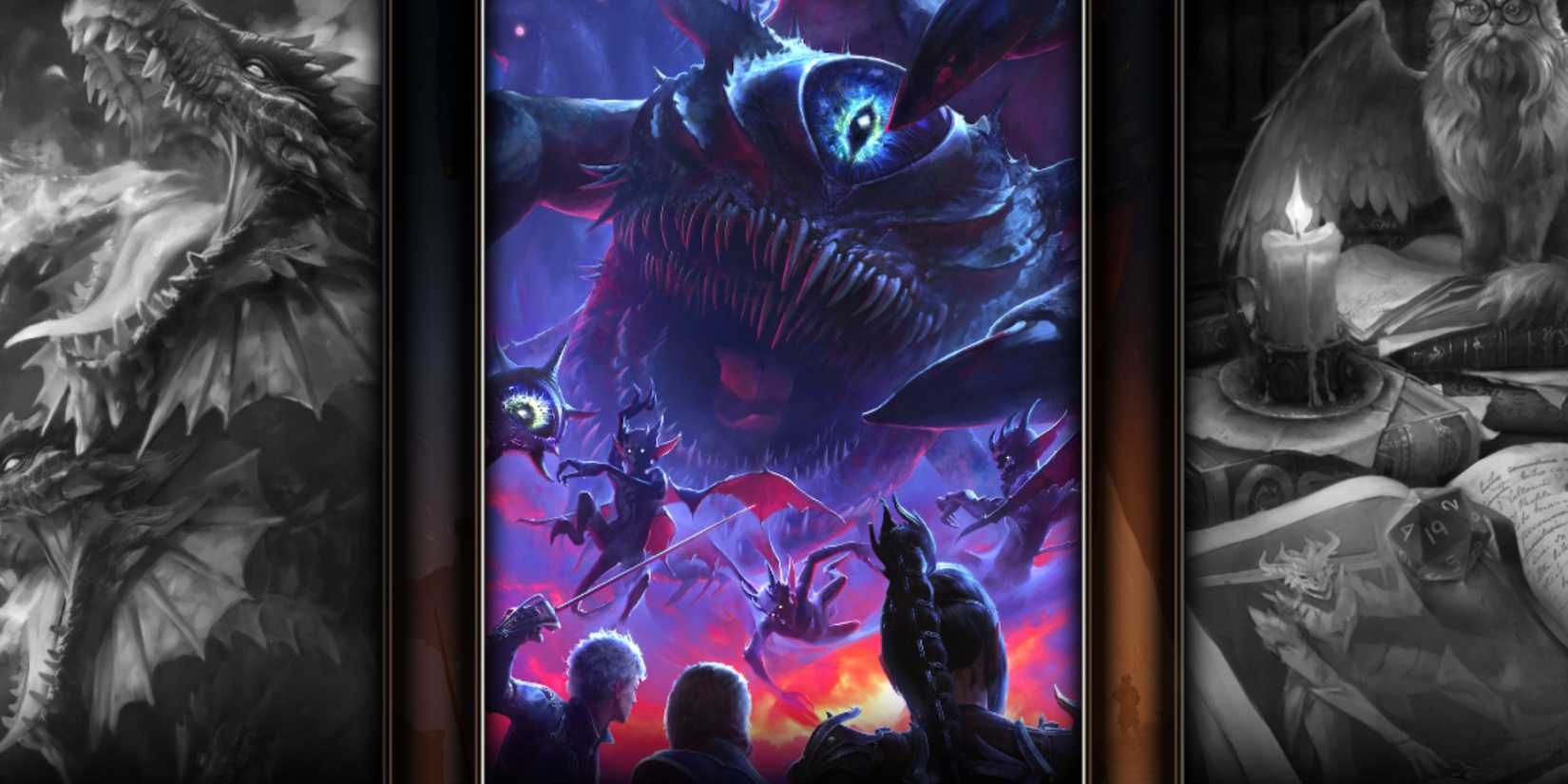 The Bard’s Burden: A Different Kind of Challenge
The Bard’s Burden: A Different Kind of Challenge
In stark contrast, playing a Bard presents a series of unique, often frustrating, challenges that a typical Honour Mode player might never encounter. While Honour Mode is a test of combat prowess, playing a Bard is a test of patience, versatility, and creative problem-solving. While Bards are often considered a strong class, particularly due to their Charisma-based skills and the ability to talk their way out of many situations, their combat utility can be a struggle, especially in the early game.
- The “Jack-of-All-Trades” Fallacy: Bards are famously known as the “jack-of-all-trades, master of none.” While they can dabble in a variety of skills and spells, they don’t excel at any single thing. A Fighter will always be a better damage dealer, a Cleric a more effective healer, and a Wizard a more versatile spellcaster. This lack of specialization can make Bards feel underwhelming in direct combat, where every action counts. In a game like Baldur’s Gate 3, where min-maxing is often rewarded, being a generalist can feel like a disadvantage.
- The Dilemma of Dialogue: Bards excel in dialogue, possessing unique options that can bypass entire combat encounters. This is their greatest strength, but it’s also a double-edged sword. A player who builds a character to be a powerful fighter might find themselves frustrated when the Bard can simply talk their way out of a boss fight, rendering their finely-tuned build irrelevant. The Bard’s power lies outside of the combat system, which can make their gameplay loop feel disjointed for players expecting a traditional RPG experience.
- The Early-Game Struggle: Bards get off to a notoriously rough start. They have few damaging cantrips and weak weapon attacks. For a new player, this can be incredibly discouraging. While they eventually become a powerful support and control class with spells like “Hypnotic Pattern” and the ability to learn spells from other classes through their “Magical Secrets” feature, the early-game grind can feel like a monumental task. The feeling of being “useless” in combat is a common complaint for new Bard players, a feeling that an optimized Honour Mode run simply doesn’t allow for.
- The All-Encompassing Role: As the party’s “face,” a Bard is expected to handle every social interaction, a responsibility that can be exhausting. Every conversation, every persuasion check, and every deception roll falls on their shoulders. While this can be fun for a while, it can also feel like a job, forcing the player to be constantly “on” and engaged with the social mechanics, even when they’d rather be focused on other aspects of the game.
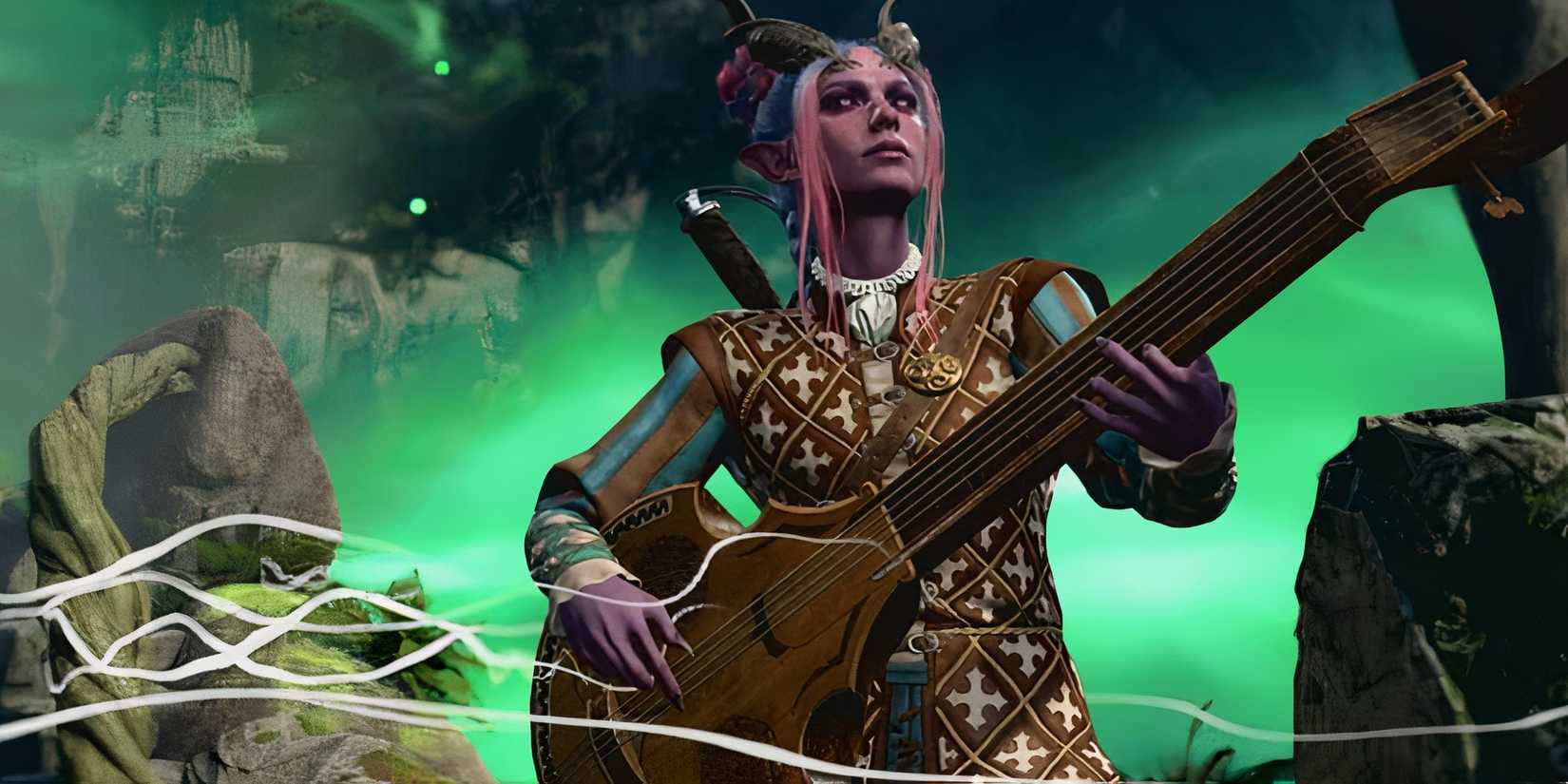 Conclusion: The True Meaning of a Challenge
Conclusion: The True Meaning of a Challenge
While the statistics show that only a small percentage of players have successfully completed Honour Mode, the difficulty of playing a Bard lies not in the threat of a game over, but in the internal struggle of their design. It is a class that challenges players to think outside the box, to find creative solutions, and to embrace a playstyle that is often less about brute force and more about wit and charm. While an Honour Mode player is a warrior on a battlefield, a Bard is a diplomat navigating a social minefield, a different and arguably more complex kind of challenge. So while many might see the golden dice as the ultimate prize, true mastery of Baldur’s Gate 3 might just be found in the player who manages to complete the game as a Bard without wanting to respec their character every five minutes. That, in itself, is a victory worth celebrating.

